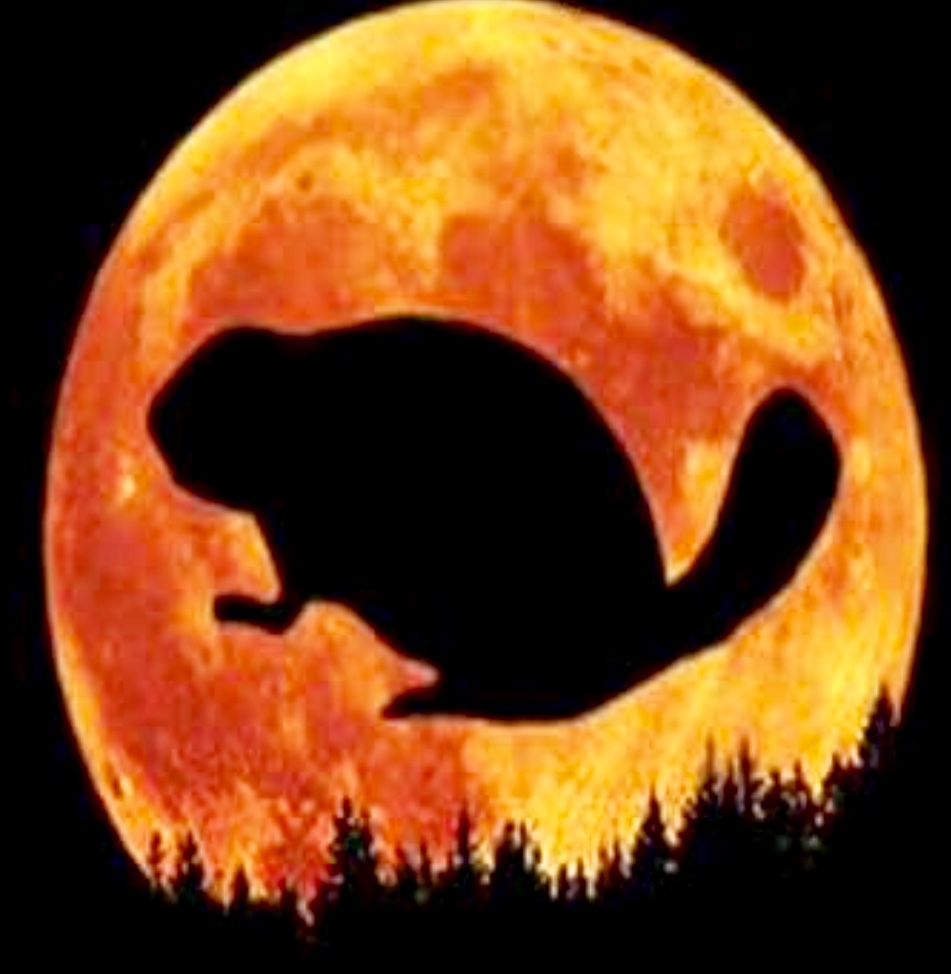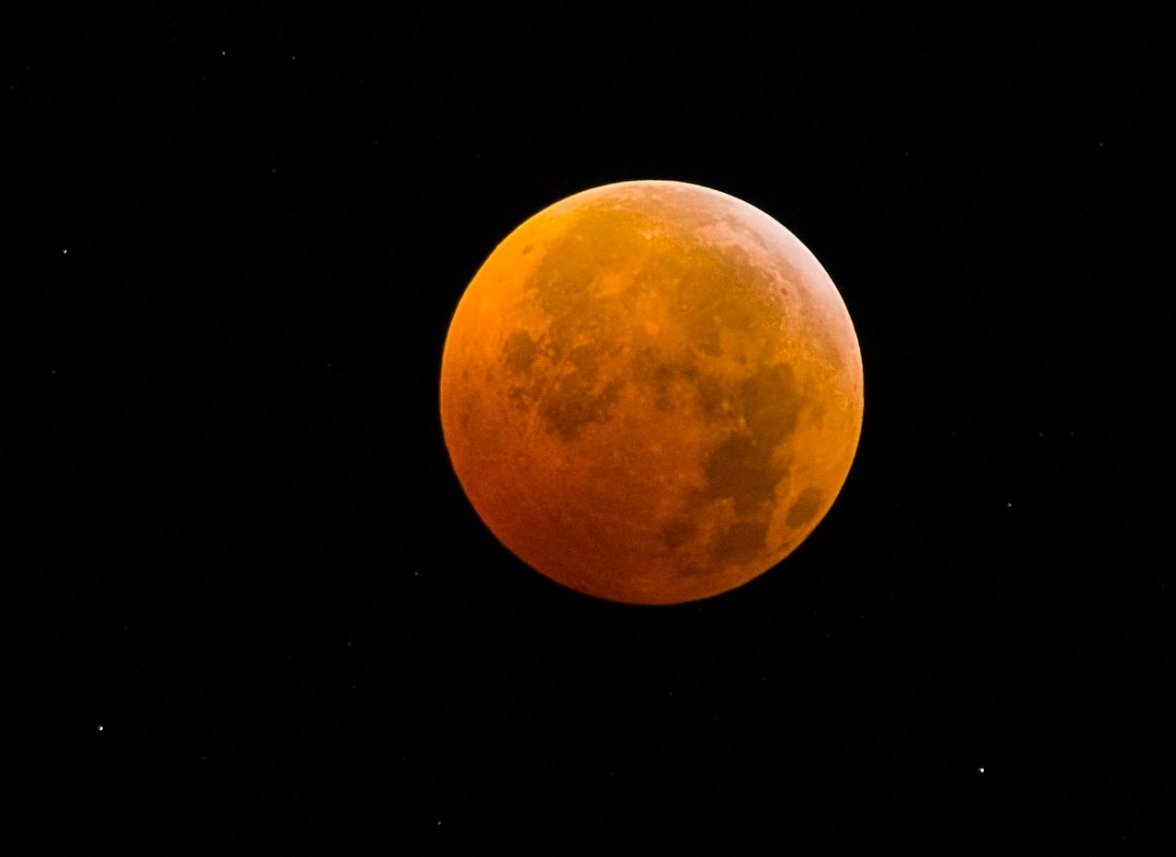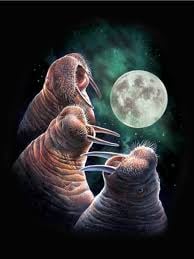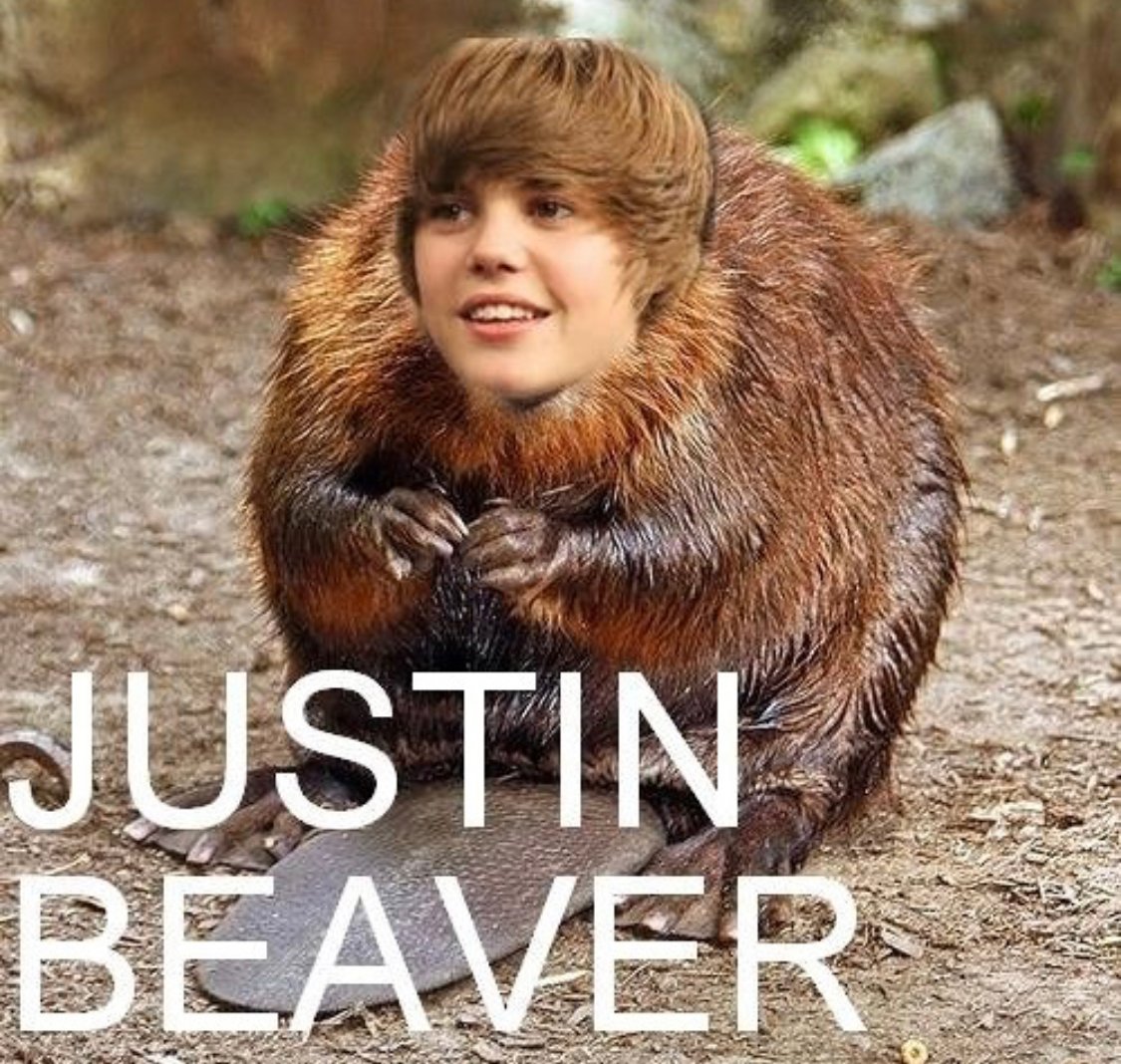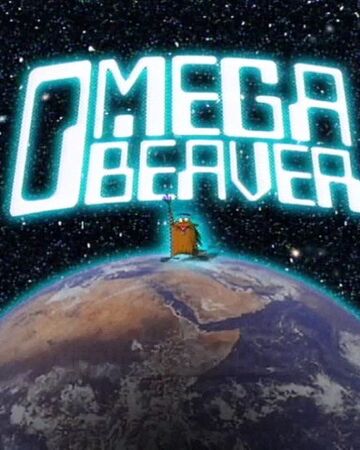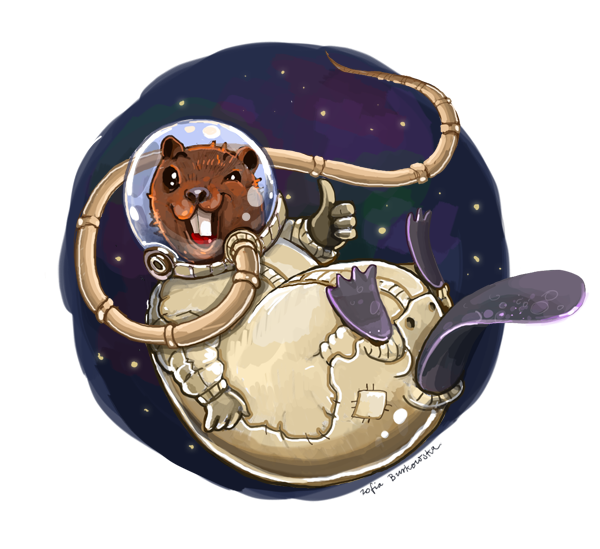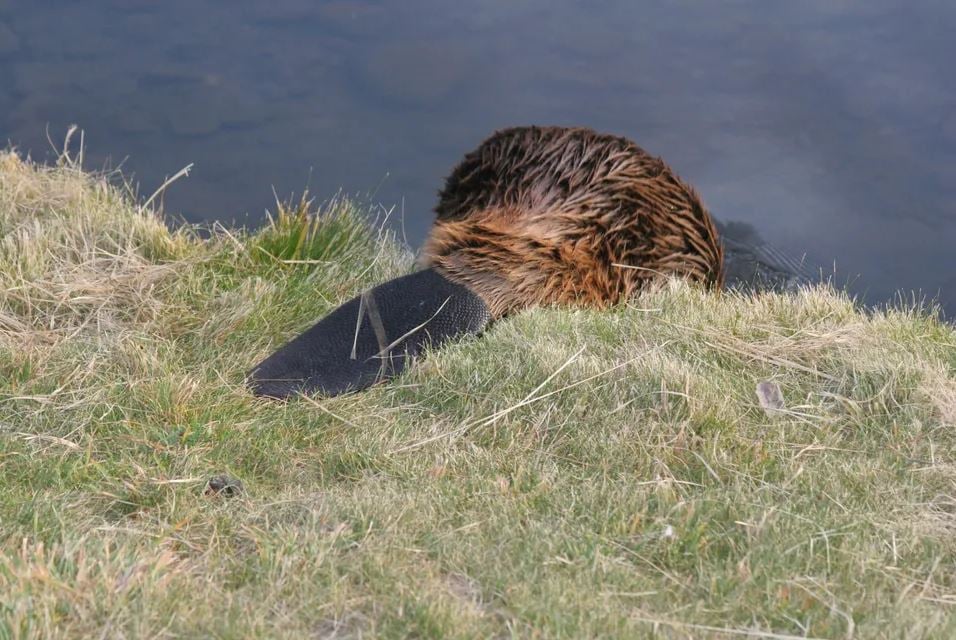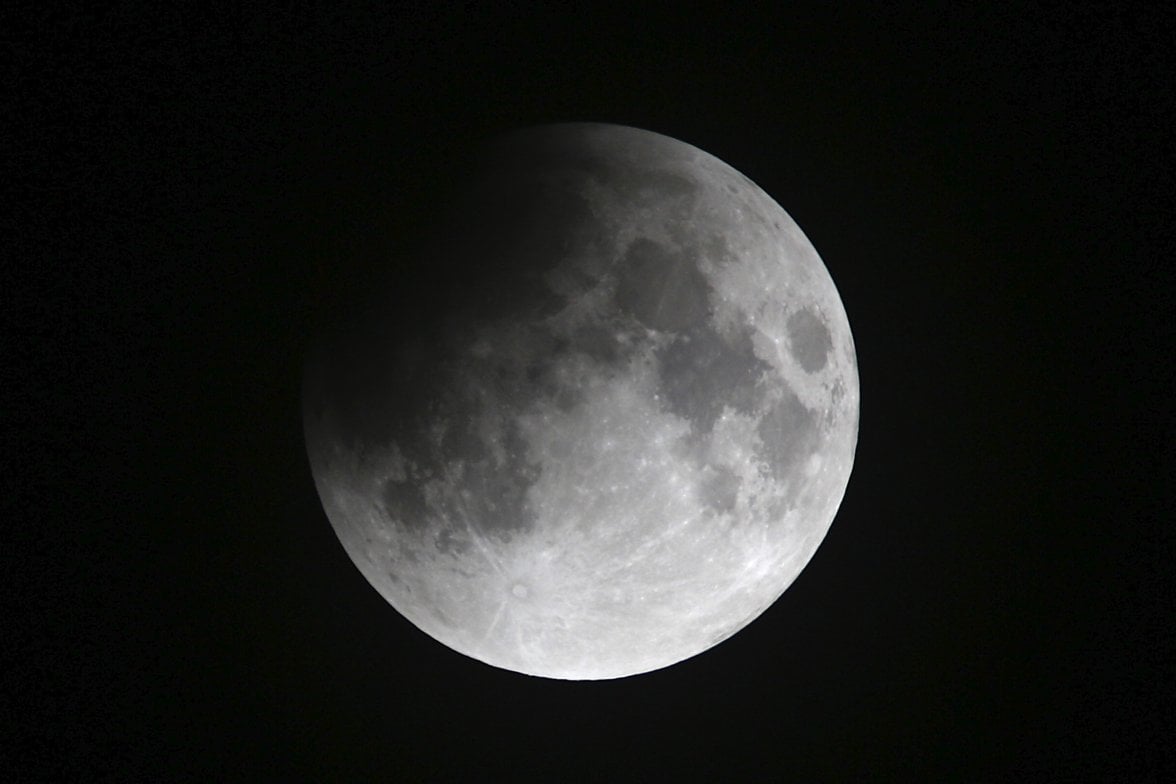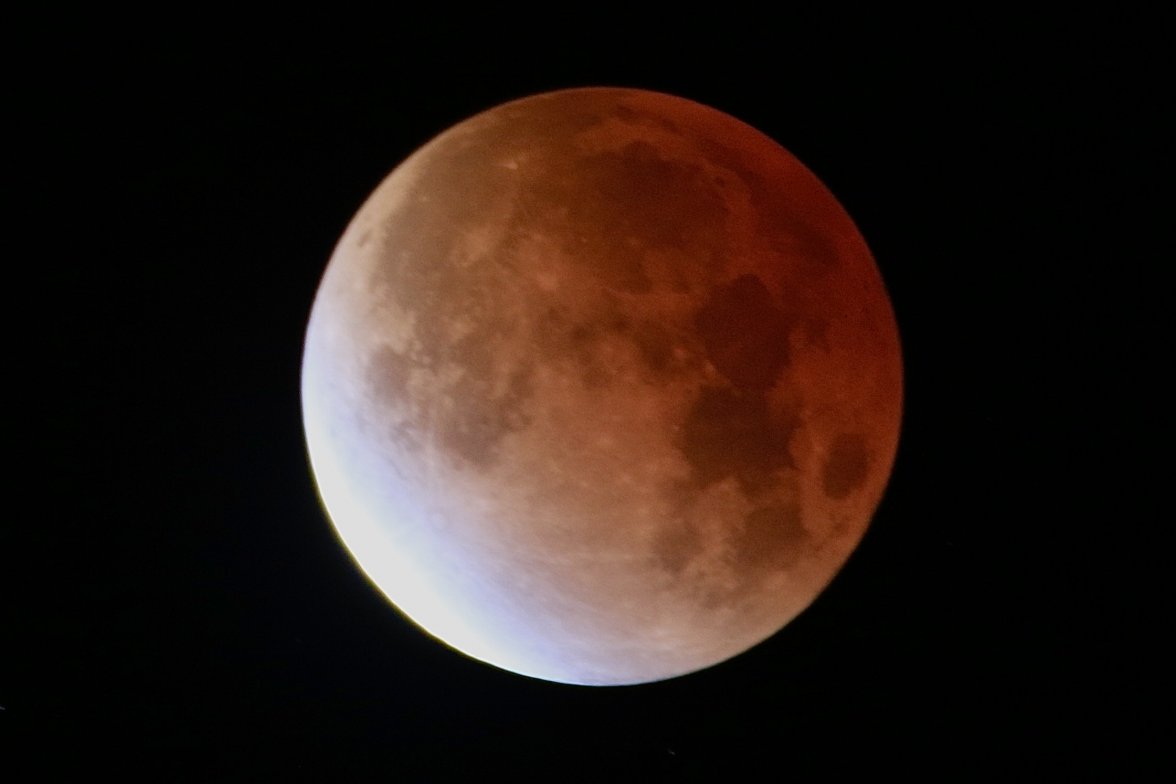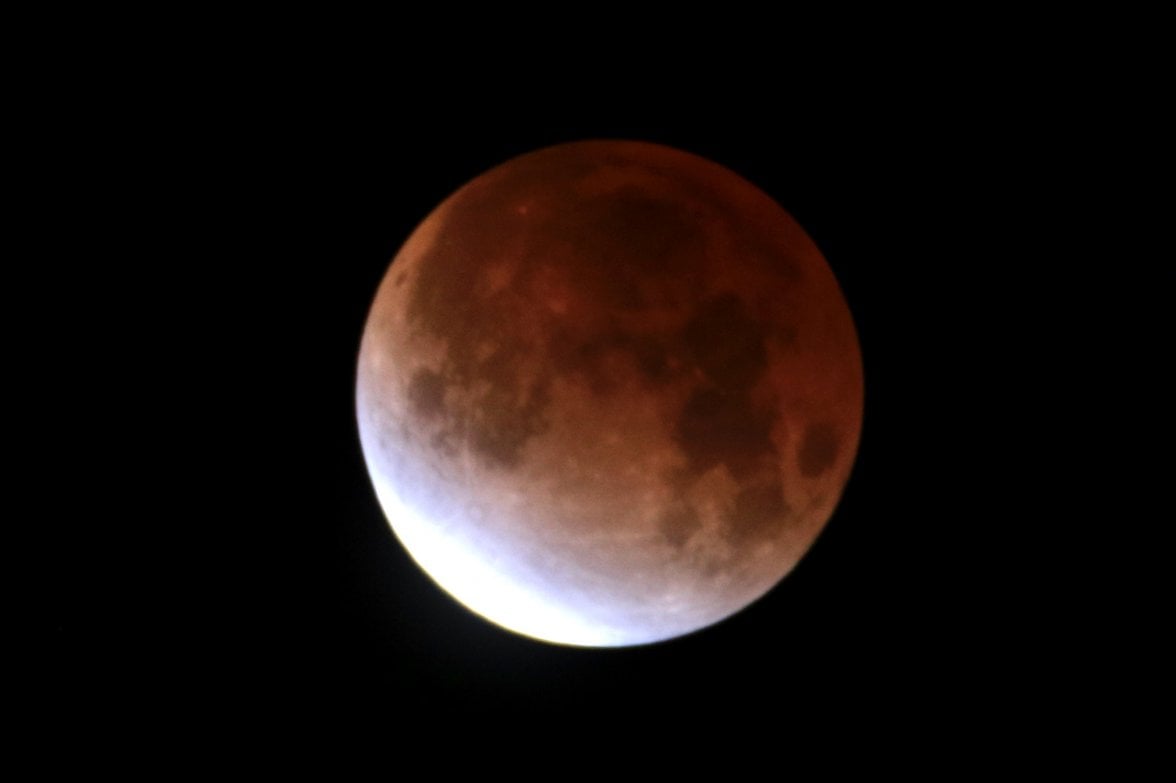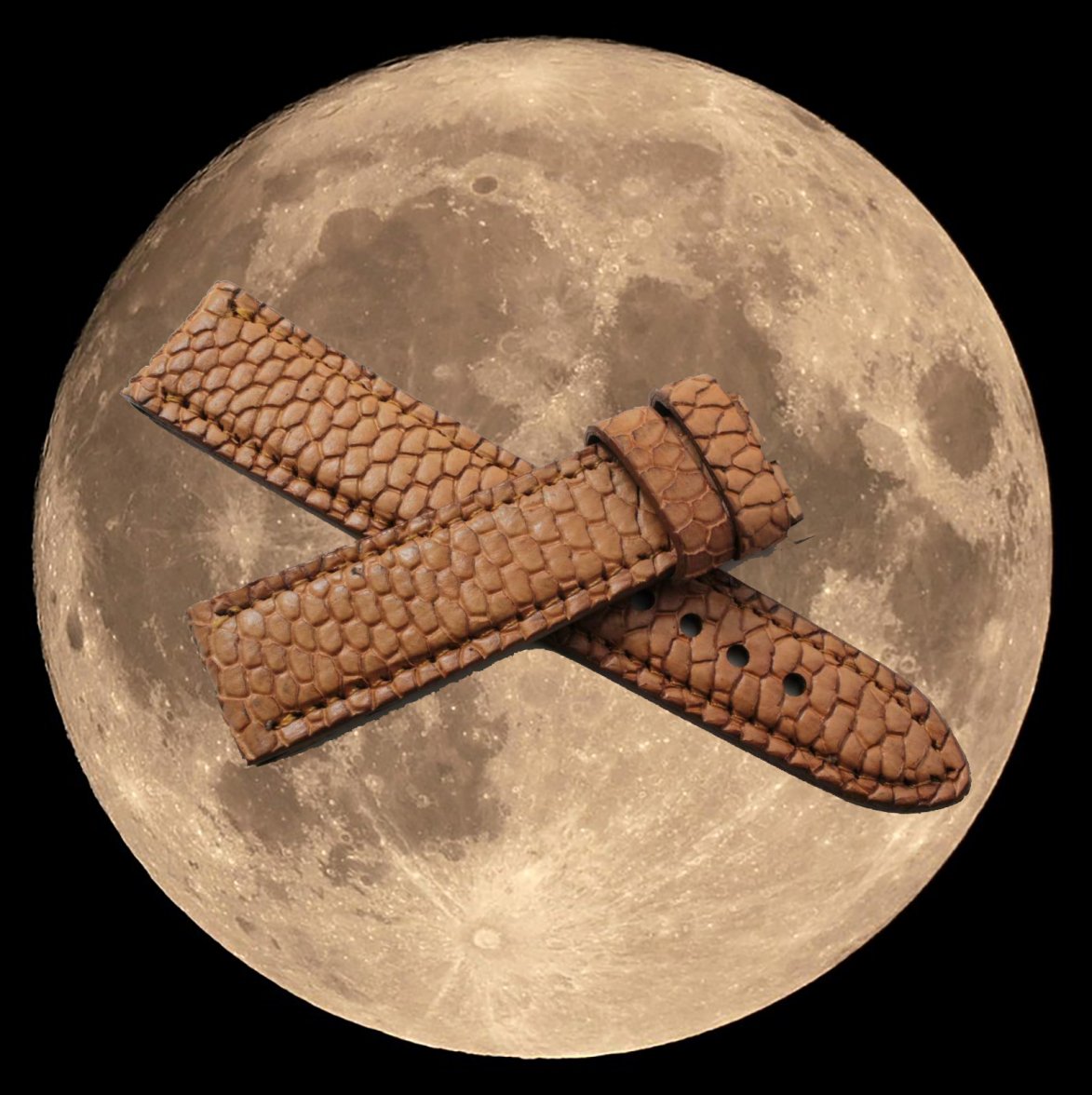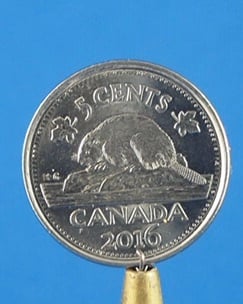Omegafanman
·November's full moon this Friday the 19th 2021 is traditional known as the Beaver Moon, as beavers are preparing for winter, hence this month's event's Beaver Moon eclipse moniker.
On Nov. 19, a partial lunar eclipse will reward patient sky observers with a view of a subtly changing moon and is a must-see event as it's the last lunar eclipse of the year. The moon may even take on a reddish hue.
Lunar eclipses occur when the moon passes into the Earth's shadow. In this case, the partial eclipse phase will last 3 hours, 28 minutes and 24 seconds, and the full eclipse for 6 hours and 1 minute, making it the longest partial eclipse in 580 years, according to Indiana's Holcomb Observatory.
At maximum eclipse, the moon's face will be 97% covered by the deepest part of the Earth's shadow and will probably turn a deep red, the observatory said.
I will probably miss it but would be great to see some shots (bonus for any including a Speedy :0)
Regions seeing, at least, some parts of the eclipse: Much of Europe, Much of Asia, Australia, North/West Africa, North America, South America, Pacific, Atlantic, Indian Ocean, Arctic.
https://www.space.com/beaver-moon-lunar-eclipse-2021-guide
.
On Nov. 19, a partial lunar eclipse will reward patient sky observers with a view of a subtly changing moon and is a must-see event as it's the last lunar eclipse of the year. The moon may even take on a reddish hue.
Lunar eclipses occur when the moon passes into the Earth's shadow. In this case, the partial eclipse phase will last 3 hours, 28 minutes and 24 seconds, and the full eclipse for 6 hours and 1 minute, making it the longest partial eclipse in 580 years, according to Indiana's Holcomb Observatory.
At maximum eclipse, the moon's face will be 97% covered by the deepest part of the Earth's shadow and will probably turn a deep red, the observatory said.
I will probably miss it but would be great to see some shots (bonus for any including a Speedy :0)
Regions seeing, at least, some parts of the eclipse: Much of Europe, Much of Asia, Australia, North/West Africa, North America, South America, Pacific, Atlantic, Indian Ocean, Arctic.
https://www.space.com/beaver-moon-lunar-eclipse-2021-guide
.
